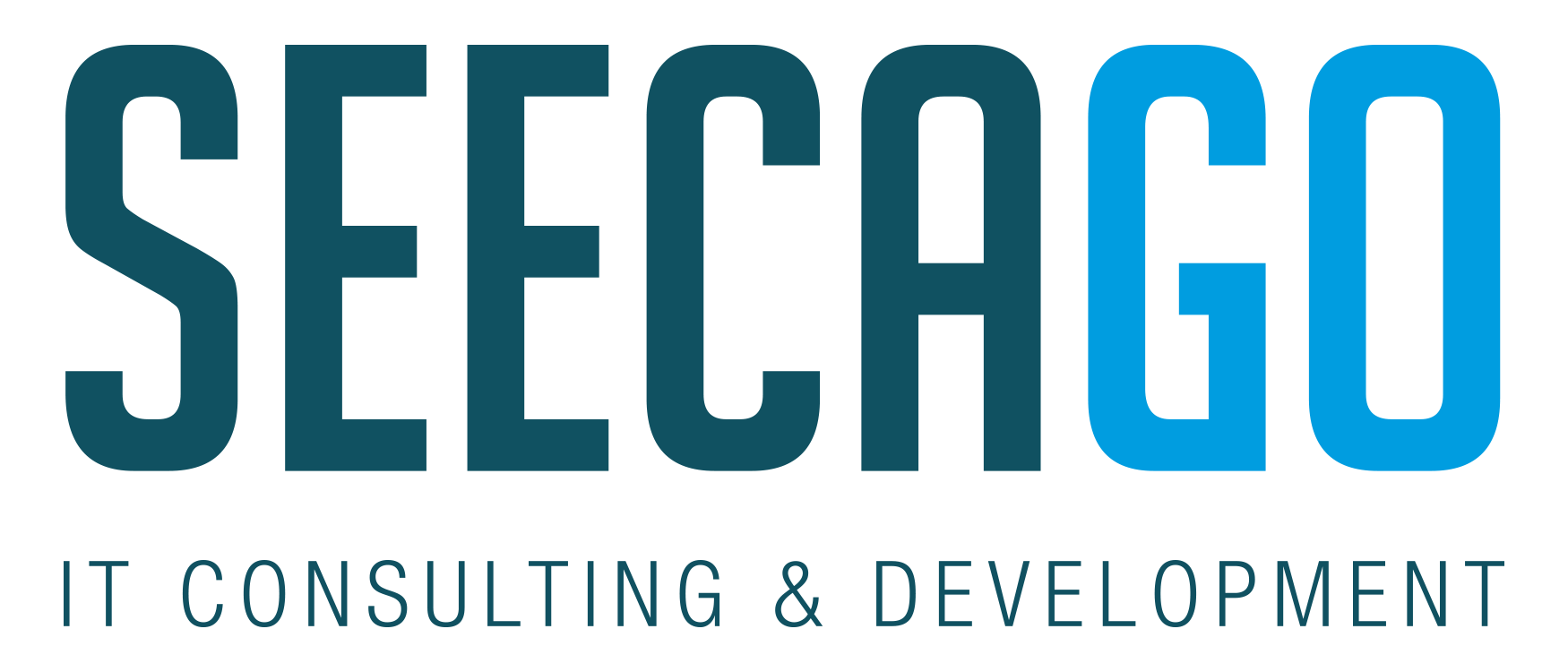Does your company need Artificial Intelligence (AI) and Machine Learning (ML)?
These are the most common asked questions that we hear from businesses. Companies read about it and begin to wonder if their company should immediately jump on it. Most of the time it is because of the success stories they read on the web, or because it just sounds something beneficial to the future of the company. They think, “Let’s start with AI and ML to solve many of some of the business problems we are encountering”, or “let’s start with it because it seems like a great selling point”. Let’s take a step back and understand what these technologies are about without going into deep theoretical details.
According to Wiki AI = “intelligence demonstrated by machines, in contrast to the natural intelligence displayed by humans”. Essentially, AI is used when you want a system to be smart and make decisions very much like a human.
Machine Learning is an application of AI. Where initially AI systems are programmed to act ‘intelligent’, with ML the system is created for a means of self learning. ML systems train themselves with a large set of data to produce an expected output from many situations or data points, therefore; you can allow the system teach itself to become intelligent and solve your problems without further programming it. Compare this “self learning” to how a child learns to ride a bicycle.
From a technical standpoint: an ML system is a black box that contains one or more learning technologies like dedicated algorithms or neural networks.
The implementation depends on the goal of the AI system:
- predict the price of an house within a specific state or county
- recognize spots on skin and determine it is maligned or benign
- autopilot a car in traffic
- provide the sales team new sales opportunities based on market analysis
- prevent email spam
- many more…
A lot of successful applications are already being developed using ML. For this reason, it is most likely why more companies start adapting AI.
So ask yourself: “should you?”
It depends on a lot of things, let’s list some of them:What specific business goals are you targeting? AI is most often a huge investment and it should be clear what the ROI is expected from this investment.
Your company needs to have a corporate data and analytics culture. Thanks to this culture the company collects and analyzes already data to run day to day operations and making strategic choices that support company goals.
In a data and analytics culture, business Intelligence is key. There is a maturity level defined for BI (Designed by Gartner): Basically from level 1 – where some people or departments are using spreadsheets to level 5 – where a centralized data-warehouse is being used for day to day operations and also for making strategic long term decisions based on predictions calculated from that data.
AI projects need top level (read: C-Level) commitment for goals to be achievable. AI projects are difficult to predict in time and money. Failures are, unfortunately, an ‘option’, and C-Level management needs to understand and accept that there are risks involved.
AI projects need a dedicated project team with members that have the knowledge required for the project. Members like mathematicians, statisticians, ML Engineers and data scientists.
Know your customers. Some AI projects provide solutions customers may hesitant to accept. There is a conceptual difference between accepting an experienced doctor’s cancer diagnosis and a diagnosis/prediction from a black box that the spot on a skin is maligned.
These days there is no need to re-invent wheels. Companies like Amazon and Google provide creative solutions to get you started quickly. But before jumping into their services or using open source libraries /it-services/ would recommend using analytical software like MatLab or Octave to build and analyze your data and test the AI models first.
Finally, start as you would do with any other complex project: start small!
Look for the low hanging fruit. First try an easy ROI project based on data that is clean and understandable. These projects are confidence boosters. A small AI project example could be building a mathematical model helping to predict future results based on historical data or finding exceptional data in a large data set. From here you can scale up and take on a larger AI project.


